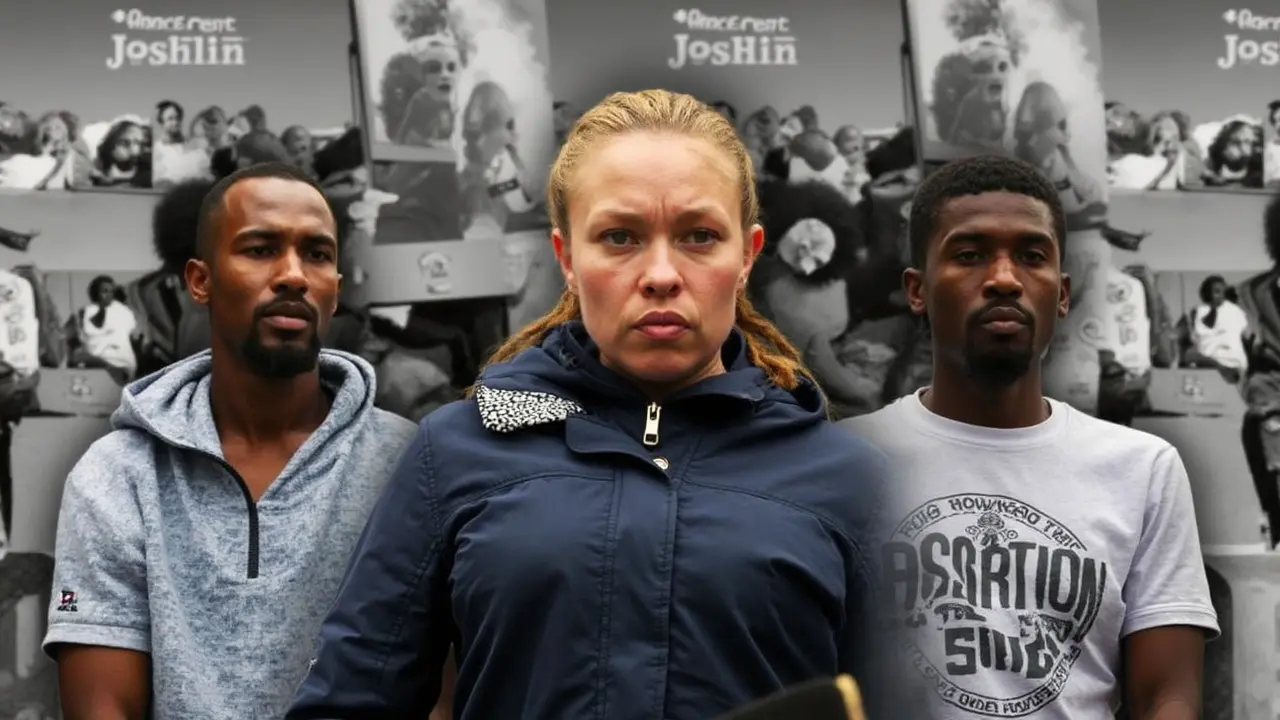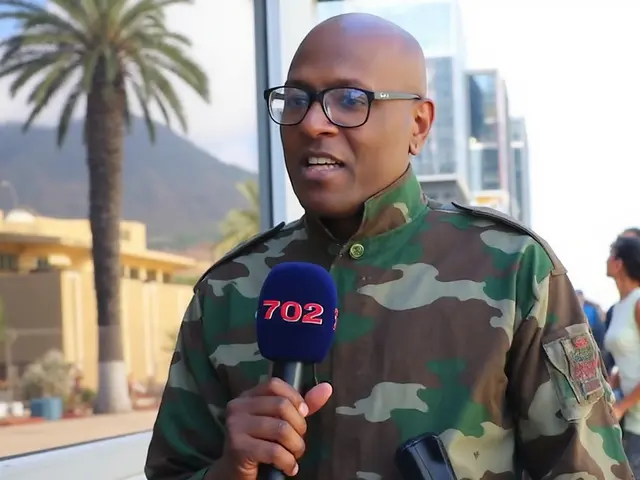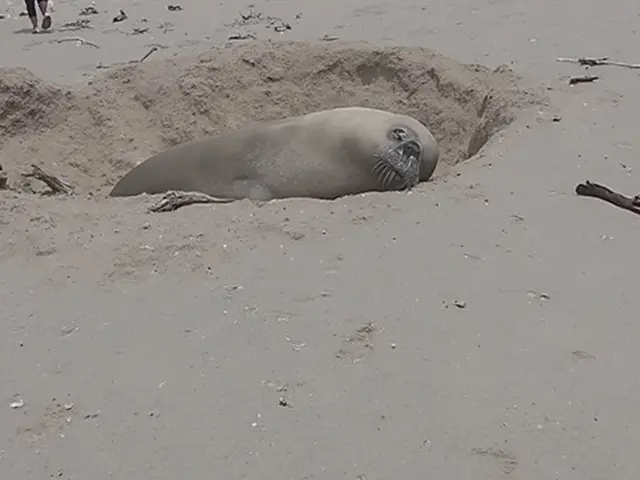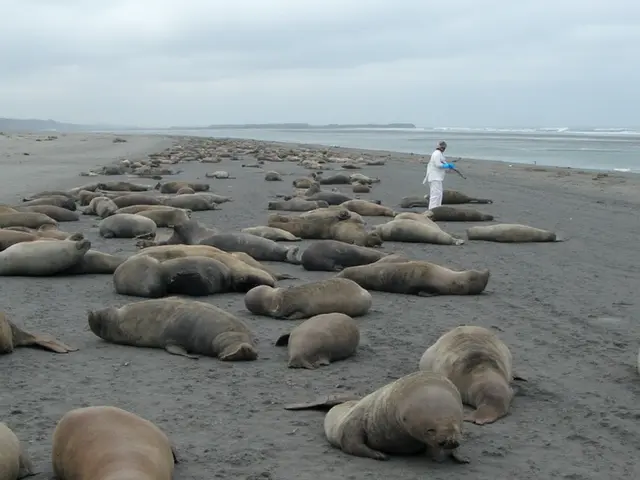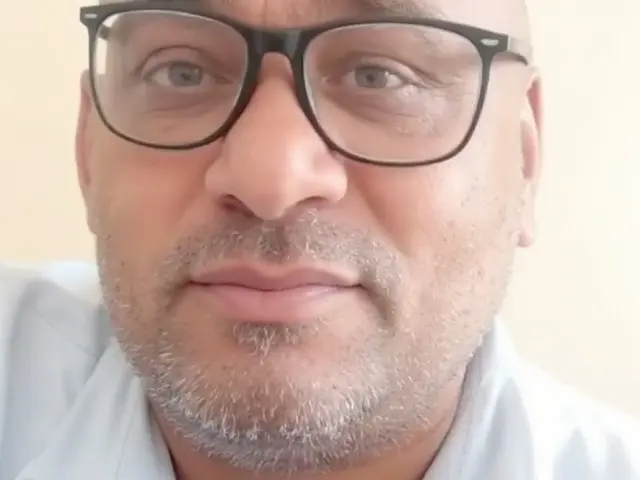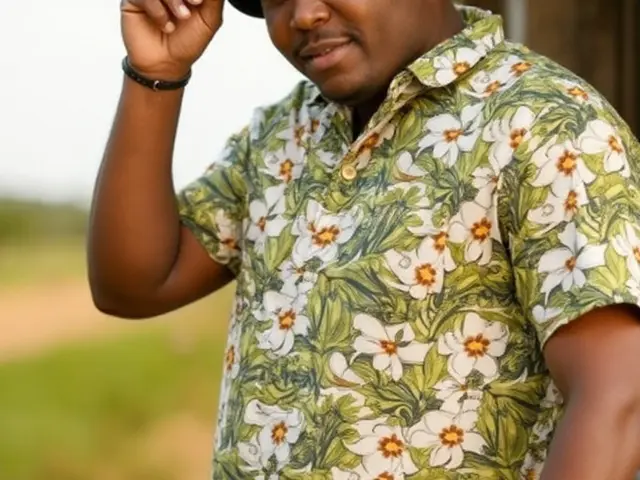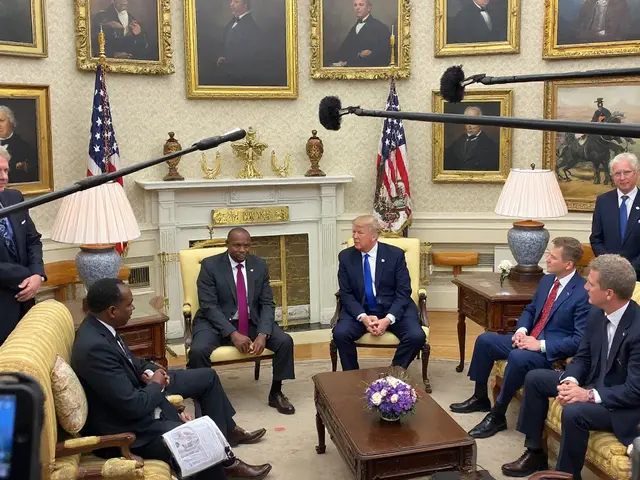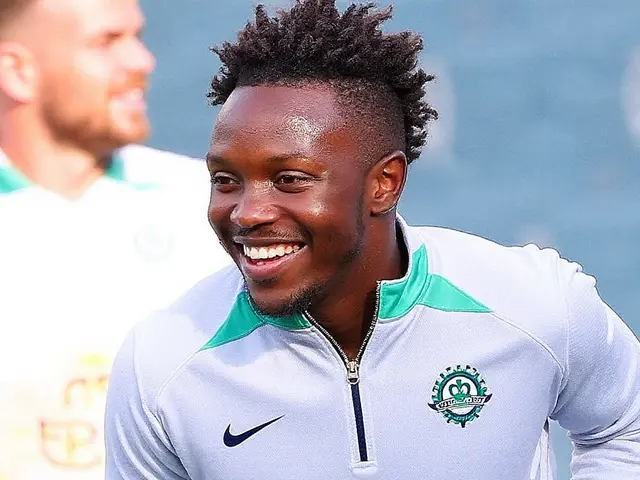Joshlin Smith Disappearance Exposes Gruesome Reality of Child Trafficking
The Western Cape recently witnessed a verdict that shocked and rattled an entire country: Kelly Smith, the mother of missing six-year-old Joshlin Smith, along with Jacquen Appollis and Steveno van Rhyn, now stand convicted of trafficking the little girl whose fate remains unknown. Judge Nathan Erasmus delivered the guilty verdict in the Western Cape High Court on May 2, 2025, handing down a judgment that marks a grim milestone for South Africa’s battle against child trafficking, especially when linked to ritualistic motives.
Prosecutors painted a harrowing picture in court — Joshlin, still missing, was allegedly sold by her own mother to a traditional healer. The motives, according to testimony, stemmed from illegal muti practices, focusing on the harvesting of body parts like eyes and skin, believed to bring power or good fortune. Despite no physical evidence of Joshlin's body or well-being, the court pieced together a case from circumstantial evidence and heartfelt testimonies.
Without the comfort of knowing what exactly happened to Joshlin, the prosecution leaned heavily on witnesses, including an evangelist whose account played a pivotal role. Eyewitnesses remembered how Kelly Smith was in contact with individuals known in the community for their connections to traditional healers. The accused remained silent in their own defense, refusing the stand — a decision that left only the testimonies and police investigation to shape the outcome.
This silence didn’t go unnoticed. In cases hinging on circumstantial evidence, every detail matters. The court listened intently to recollections of uneasy neighbors, the unexplained absence of Joshlin, and fragments of dialogue that suggested a grim plan taking shape in the family’s orbit. Despite conflicting emotions over the lack of closure for Joshlin's whereabouts, Judge Erasmus noted the particularly cruel nature of exploiting a child for ritual killing and the added layer of betrayal coming from a parent.
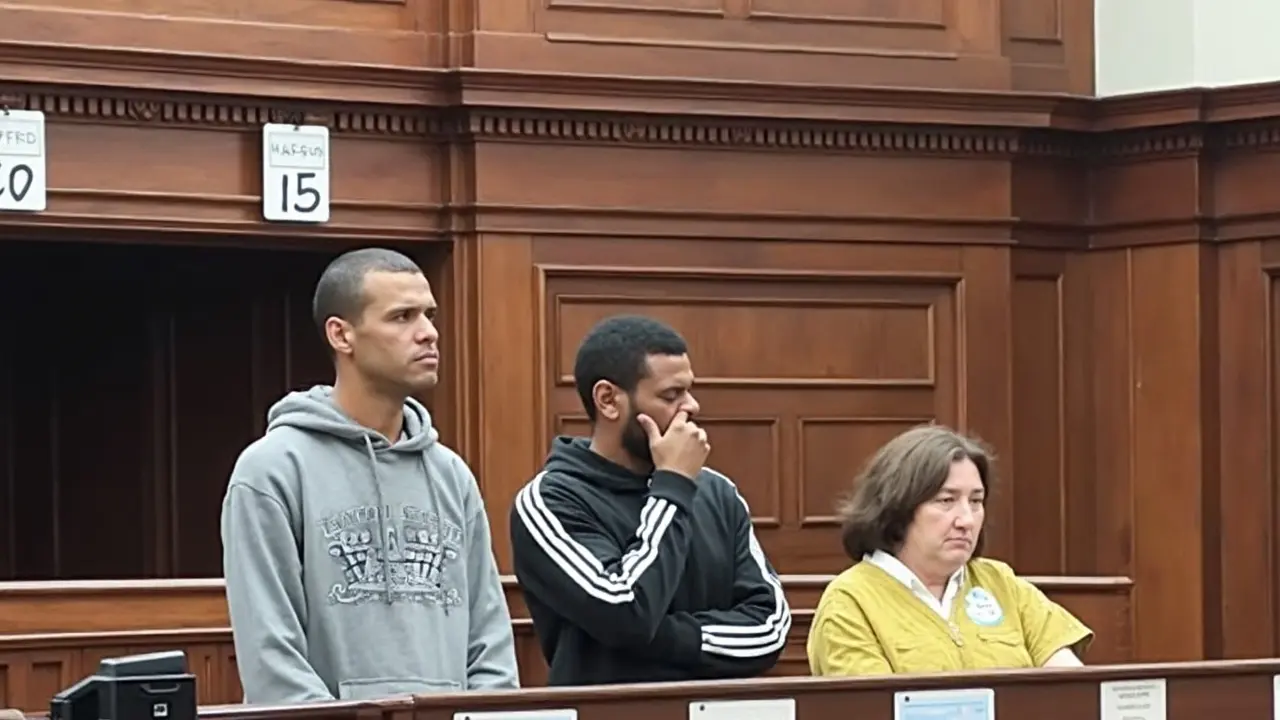
How One Case Forced South Africa to Confront Child Exploitation
If you’ve followed the South African news this past year, you’ll have seen the wave of outrage and sorrow that swept the country when the story of Joshlin Smith first broke. As the days went by with no sign of her, the courtroom saga became a window into the wider world of child exploitation in the region. South Africa has faced a long-standing problem with child trafficking, but the intersection with ritual practices brought the crisis into especially sharp focus this time.
Joshlin’s disappearance triggered massive attention. National debates erupted about the realities of muti-related crimes, where body parts are used in traditional medicine or for spells. Family members, activists, and community leaders gathered repeatedly outside the courthouse, demanding both justice and accountability for a trafficking epidemic that all too often lives in the shadows.
- The trial wrapped up with sentencing hearings in late May, stretching from May 27 to May 29, 2025. Prosecutors pushed for harsh penalties, labeling the crime “uniquely heinous” because the main victim was never found and the case rested almost entirely on circumstantial threads.
- Government officials praised the guilty verdicts but couldn’t ignore a painful truth: for Joshlin’s family and the broader South African public, the outcome brings very little comfort or closure.
- This case has led to calls for tougher action on all fronts — from tougher policing to better support systems for at-risk children and stricter oversight on illegal practices masquerading as traditional rituals.
With Joshlin still missing, her face remains an emblem of an unfinished battle. The verdict might be on the books, but the underlying issues go far deeper, pressing South Africa to reexamine how children can vanish so easily and what it will take to make sure this doesn’t happen again.
